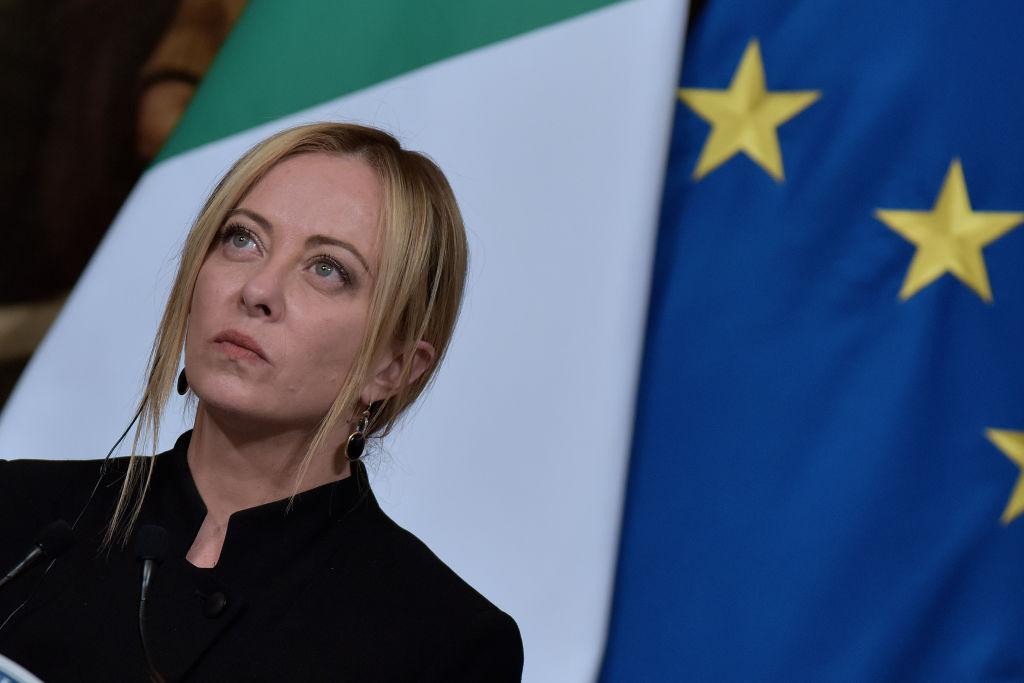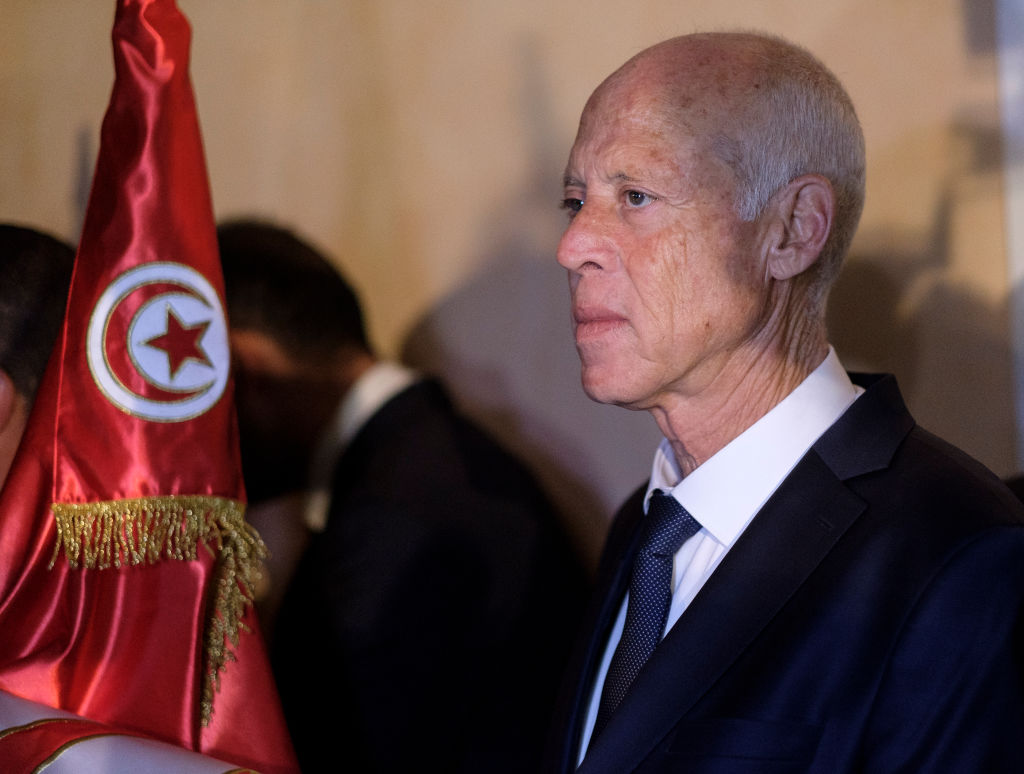Italy’s cabinet has approved a bill to help Italy’s “Made in Italy” companies increase domestic supply chains. The bill, approved on May 31, will create a strategic state fund for national products worth one billion euros. The aim of the bill is also to shore up the arrival of “critical raw materials” for those firms to operate more efficiently.
The minister of Industry, Adolfo Urso, helped formulate the project as part of a broader plan by Italy’s right-wing government to support Italian businesses and artisanship, from traditional culinary products to hand-made items and work.
Government sources have said that prime minister Giorgia Meloni’s government is attempting to court sovereign wealth funds from Gulf countries like Saudi Arabia, Qatar, the United Arab Emirates. The list also includes Norway and Azerbaijan. The aim of Meloni’s government is to increase the wealth of the fund as much as possible.
But analysts are sceptical about the chances of success, given Italy’s stifling bureaucracy and the legislative hurdles that deter foreign investors.
“It is difficult to persuade foreign investors to bet on Italy. They should be ready to face legislative, fiscal and judicial chaos,” Fabio Scacciavillani, a partner at Nextperience financial consultancy who previously worked at the Oman sovereign fund, said.
For example, the UAE’S Etihad airline attempted to rescue the former flagship carrier Alitalia, but the operation failed in 2017 when the government appointed special commissioners to run the company.
Milan’s Bocconi University Sovereign Investment Lab released data showing that money from Middle East sovereign wealth funds into Italy had reached $2.3 billion in 2010, but it significantly decreased over the past five years to barely $1 billion.
A draft showed that the new plan was also entitled to invest in listed, national firms that are not operating in the financial sector. At least an additional 500 million euros will furthermore be raised from private investors.
The project was received with criticism from economists, who claim the fund risks duplicating the Cassa Depositi e Prestiti Equity, a unit formed in 2011 with the aim of providing capital to strategic assets.
Once the bill is approved by the parliament, the government will finalise with a decree how the resources from the fund will be allocated to Italian companies. Meloni also plans to to finance the endowment through resources from the “Patrimonio Rilancio”, meaning the “Relaunch Patrimony”, which was created in 2021 after the Covid-19 pandemic to help struggling Italian companies.
The Patrimonio Rilancio, however, fell short of its promises, as it originally intended to provide around 40 billion euros, but has until now only invested around 1 billion. The state lender for the fund, Cassa Depositi e Prestiti, was partly responsible for the shortcoming.
Italy’s project follows a similar initiative in France, where private equity firms InfraVia Capital Partners will launch a 2-billion euro fund for critical materials. A quarter of the fund will be financed by the French government.
But Italy’s government continues to face hurdles in as the country’s legislative and judicial bureaucracy makes investments into the Italian economy unappealing.
Alessandra Bocchi is Associate Editor at Brussels Signal





